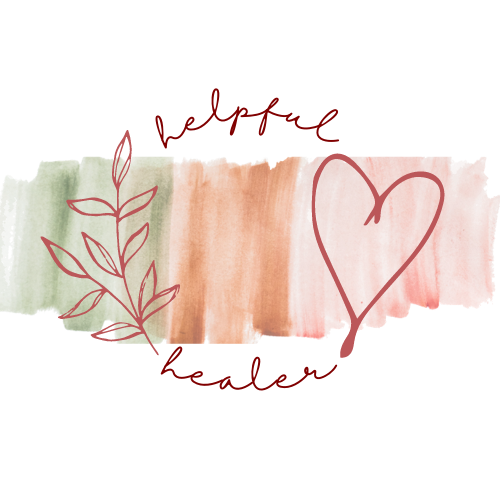I have had the privilege of working with some adults in my practice. A recurrent theme that has come up is inner child wounds and hurt. Here are a few examples of inner child wounds that you or someone you may know might relate to.
- Abandonment Anxiety Constantly having a fear of losing relationships resulting in holding tightly to friends and partners maybe even when the relationship is unhealthy for you. This could stem from inconsistent caregiving practices you went through or having switched caregivers frequently throughout childhood. Another possibility could be from losing a caregiver in childhood.
- Sensitivity to trigger phrases/words If you are ever wondering “Why does that bother me so much?” it could be that certain word or phrase you just heard is something that was often said to you in a hurtful way in childhood. Common examples are “Just get over it. You’re being so dramatic. It’s always your fault.”
- Persistent self doubt or having a low self image. If you were often belittled or told you were not good enough in childhood, chances are you may struggle with low confidence in adulthood. It may not have been blatant belittling but rather through subtle actions such as a caregiver urging you to take easier classes because “It may stress you out too much” which could have created an internal voice of “I’m not good enough to be successful in this.”
- People pleasing tendencies. If your caregiver often blamed you or put you at fault for any mistakes, you may have developed people pleasing tendencies. People pleasing stems from a fear of others disliking you and wondering if they are always mad or disappointed in you. It can cause problems with having loose boundaries and not advocating for your own wants or needs. It may also result in changing aspects of yourself or dishonest behaviors trying to get others to like you.
- Feeling shame vs. guilt You may be thinking shame and guilt are the same thing but the key difference is guilt is externalized vs shame is internalized. We can feel guilty about an action we made but we feel shame about ourselves. If you often immediately feel shame about mistakes you made, it could be a result of inner child wounds being unhealed. These could be stemming from being told “You’re always so clumsy. You always do this wrong. You never do anything right.”

